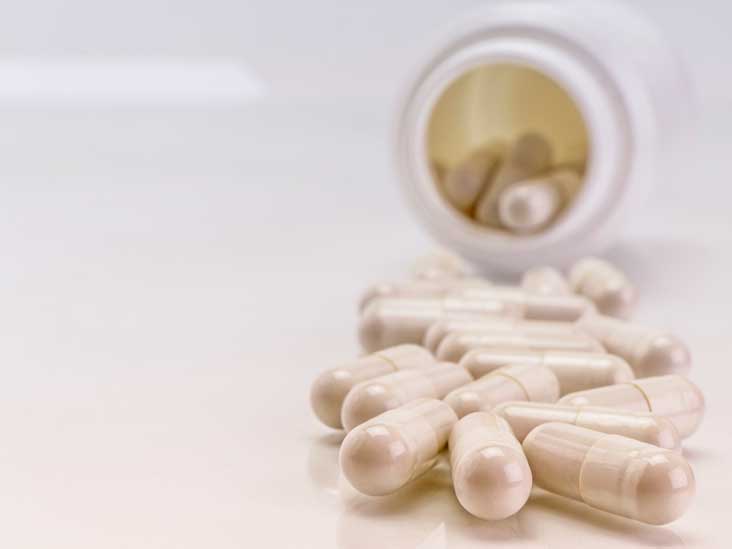Frequently Asked Questions About Coenzyme Q10
What is coenzyme Q10 (CoQ10)?
CoQ10 is a vitamin-like substance found in every cell of the body, playing a crucial role in energy production and acting as an antioxidant.
What are the benefits of taking CoQ10?
CoQ10 has been linked to various health benefits, including improved heart health, increased energy levels, reduced muscle damage, and potential neuroprotective effects.
What are the food sources of coenzyme Q10?
CoQ10 can be found in foods such as ...
Frequently Asked Questions About Coenzyme Q10
What is coenzyme Q10 (CoQ10)?
CoQ10 is a vitamin-like substance found in every cell of the body, playing a crucial role in energy production and acting as an antioxidant.
What are the benefits of taking CoQ10?
CoQ10 has been linked to various health benefits, including improved heart health, increased energy levels, reduced muscle damage, and potential neuroprotective effects.
What are the food sources of coenzyme Q10?
CoQ10 can be found in foods such as fatty fish (like salmon and tuna), organ meats (like heart and liver), spinach, broccoli, whole grains, and nuts.
How does coenzyme Q10 work in the body?
CoQ10 helps convert nutrients into energy in the form of ATP (adenosine triphosphate) and acts as an antioxidant, protecting cells from oxidative damage.
What is the recommended dosage of CoQ10?
Typical doses range from 100 mg to 200 mg per day, but specific dosages can vary based on individual health conditions and should be discussed with a healthcare provider.
Are there different forms of CoQ10?
Yes, CoQ10 is available in several forms, including ubiquinone (the oxidized form) and ubiquinol (the reduced form), with ubiquinol being more readily absorbed by the body.
Are there any side effects associated with CoQ10?
Common side effects may include diarrhea, dizziness, nausea, and insomnia. Most people tolerate CoQ10 well, but it’s important to consult a healthcare professional before starting supplementation.
Is CoQ10 safe to take with other medications?
CoQ10 can interact with certain medications, particularly blood thinners and diabetes medications. Always consult a healthcare provider before combining supplements with prescription drugs.
Can CoQ10 help improve exercise performance?
Some studies suggest that CoQ10 may enhance exercise performance by reducing muscle damage and improving energy production.
How long does it take for CoQ10 to work?
The time it takes for CoQ10 to show effects can vary, but many people may begin to notice benefits within a few weeks of consistent supplementation.
Disclaimer: The information in this comprehensive guide is based on research and published medical sources. It is provided for educational purposes only, and is not intended to replace professional medical advice. Always consult with your doctor or healthcare provider regarding any questions you may have about your health. We are not responsible for any actions taken based on the information in this article.
October 2024
AposBook







 Buy now
Buy now






























.jpg)


[0]